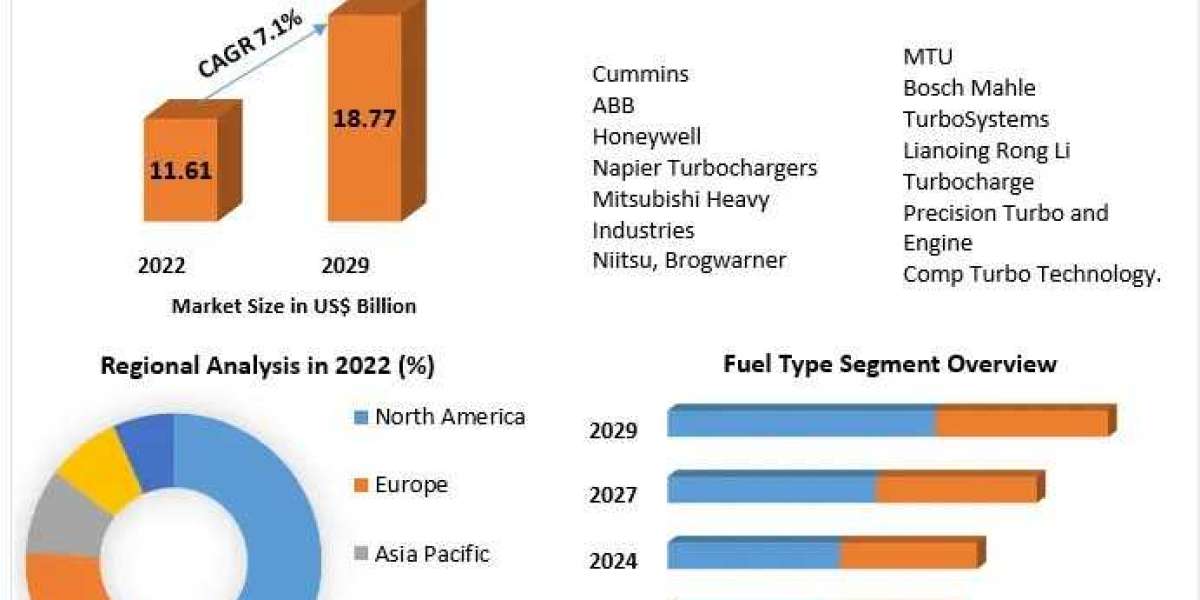What is the state of the United States' healthcare system for older individuals as compared to the systems of ten other affluent countries?
According to a recent international poll, people are doing quite badly. Medicare recipients are often sicker and forego care more frequently than their peers in Europe and Canada, owing to the high expense of care.
Using data from the Commonwealth Fund's 20th International Health Policy Survey, researchers in 11 countries examined the health experiences of older persons, including those with the most severe medical requirements. Many areas, including access, cost, timeliness of treatment, and care coordination, showed that the United States was at or near the bottom of the list. The findings of the study were published in the November 15 issue of the journal Health Affairs.
The poll looked at the experiences of older persons with high needs, who are sicker and face more complicated social issues, for the first time. According to lead author Robin Osborn, vice president of the Commonwealth Fund's International Program in Health Policy and Practice Innovations, it is a lens through which we can gain a better understanding of how policies and care delivery systems in different countries impact the most vulnerable populations.
Because practically all persons in the United States over the age of 65 are eligible for Medicare, they are the only group of people who have universal health insurance. The poll contrasted this demographic with individuals aged 65 and over in Australia, Canada, France, Germany, the Netherlands, New Zealand, Norway, Sweden, Switzerland, and the United Kingdom, as well as in other countries across the world.
In general, the researchers discovered that at least one out of every eight respondents had three or more chronic diseases. Moreover one in every three people in the United States (36 percent) had numerous chronic diseases. Despite this, 23 percent of seniors in the United States stated they did not visit a doctor when they were unwell, did not have a recommended medical test or operation performed, and did not fill a prescription because of high expenses in the previous two years. Seniors in the United Kingdom, France, Norway, and Sweden reported missing required care because of financial concerns in five percent or fewer cases.
According to Osborne, on a conference call with reporters, "What sticks out is that older Americans are sicker and more economically insecure, despite the fact that Medicare, our form of universal coverage," is in place in the United States. "Seniors in the United States struggle to finance care and experience more financial impediments to care than their counterparts in the other ten nations."
Medicare's structure necessitates higher out-of-pocket costs than health insurance in the majority of the other countries studied in this analysis. Almost one in every four seniors in the United States (22 percent) spent $2,000 or more in out-of-pocket expenses, such as copays, coinsurance, and prescription medicines.
With the exception of Switzerland, fewer than ten percent of seniors in other nations spent as much on their final expenses. According to the results of the poll, 25% of older individuals in the United States expressed anxiety about having enough money to buy healthy food, pay rent and utility bills, or had major financial difficulties paying medical costs. In France, the United Kingdom, Norway, and Sweden, fewer than 5 percent of seniors reported that they were struggling financially because of healthcare expenses.
In the words of David Blumenthal, M.D., president of the Commonwealth Fund, "I don't believe there's any doubt that many senior Americans spend a large sum out of pocket that would not be paid by individuals in other nations where there is no coinsurance or deductibles."
Some grim findings were discovered when researchers focused their attention on "high need" older persons — those suffering from three or more chronic diseases or who have difficulty with activities of daily life — in particular. In this sub-population, a third (31 percent) of seniors in the United States avoided care due to financial constraints, compared to only 2 percent in Sweden.
They are more prone than their peers who do not have high needs to be economically vulnerable, to suffer from despair and anxiety, and to be at higher danger of falling than they are. According to Osborne, they're also more likely to live alone and feel more lonely than the general population. Additionally, this group had greater rates of emergency department visits, more care coordination issues, and more medical mistakes, according to her.
Many older citizens in the United States are facing financial difficulties.
Osborne expressed alarm about the country's economic fragility. Chronic sickness, poor health, increased use of the healthcare system, and increased expenses are all linked to poverty and other factors such as insecure housing, social isolation, and mental health problems. "The high levels of cost-sharing, as well as hefty deductibles and copays, distinguish U.S. seniors," she explained. Not in a nice way, either. Residents in Australia and Germany have also experienced difficulty paying bills or rent as a result of rising healthcare expenses.
According to Osborne, one of the most startling discoveries was the number of missed chances for health promotion, including fall prevention, a good diet, exercise, and mental health concerns. Moreover half of the seniors in the United States claimed they had discussed falls or nutrition and exercise with their doctors; however, fewer said they had discussed difficulties such as anxiety, sadness, or stress.
According to Blumenthal, one of the difficulties uncovered by this poll is that Medicare is not as generous as equivalent insurance in other nations. In addition, social and economic inequities are more prominent in the United States than in many of the other countries mentioned.
According to the findings of the study, a greater social safety net is required in the United States, particularly for the elderly with high requirements. This would aid in the improvement of health outcomes as well as the reduction of cost.
The United States stands out among these 11 countries because it spends a disproportionally little amount on social care compared to health care expenditures. While France and Sweden spend roughly $2 on social services for every dollar spent on health, the United States spends less than 60 cents on social services for every dollar spent on health care, according to the World Health Organization (WHO).
In light of the possibility of Medicare cuts in the new tax legislation, the United States' healthcare system will be forced to rely even more on proven, evidence-based home and community programs to help improve outcomes, reduce the use of emergency rooms, and control costs, according to Senator Richard Blumenthal.
The CHRONIC Act, which was just cleared by the Senate Finance Committee, is one measure to keep an eye on in this regard. Increasing access to telehealth treatments, extending the successful Independence at the Home model, and enhancing Medicare Advantage special needs programs are all part of the bipartisan measure to help chronically sick elderly.



